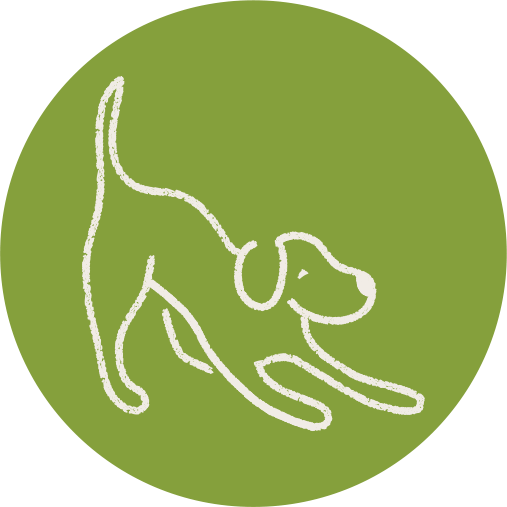Healthy
Helpful Hints for Dogs with Sensitive Tummies
Does your dog suffer from wind, diarrhoea or are they sometimes sick?
If so, you will have seen many products labelled as sensitive but are they worth trying?
Such symptoms are thought of as ‘non-specific’ because they could be due to many factors, not just
diet. But what is important to keep in mind is that it is very rare to have an actual food allergy and many
of the symptoms our dogs experience may be due to an intolerance. Check out our advice on food allergies
This could be due to an individual ingredient or more likely due to the amount of fat, fibre or how digestible the food is. For example, poorer quality ingredients are less well digested and more likely to result in loose stools.
Similarly, a change in dog food may cause loose stools if it has a different fibre content to what the
dog has become used to.
It may take a few attempts to find the right diet for your dog and the careful guidance of a canine
nutritionist could help.
What can make things tricky is that the ‘sensitive’ is not a regulated term and it usually just means that the food has less ingredients or that it is grain free. Do be careful of websites which rate individual dog foods as they are based on opinions only.
Look for foods which have:
- Fewer ingredients
- Human grade meat or fish as their protein source
- A lower fat content
Introduce a new dog food gradually over a period of at least 4 days, replacing one quarter of the old
food with one quarter of the new food and so on.
Continue to note any symptoms over the next two weeks once on the new food. If you do not see any improvement on the new food after two weeks, you’ll need to go back to your Vet to discuss further investigations. Your Vet may recommend a therapeutic diet which has been specially designed for dogs with gut issues (gastrointestinal) or you may choose to get advice on how to formulate a home cooked diet for your dog.


